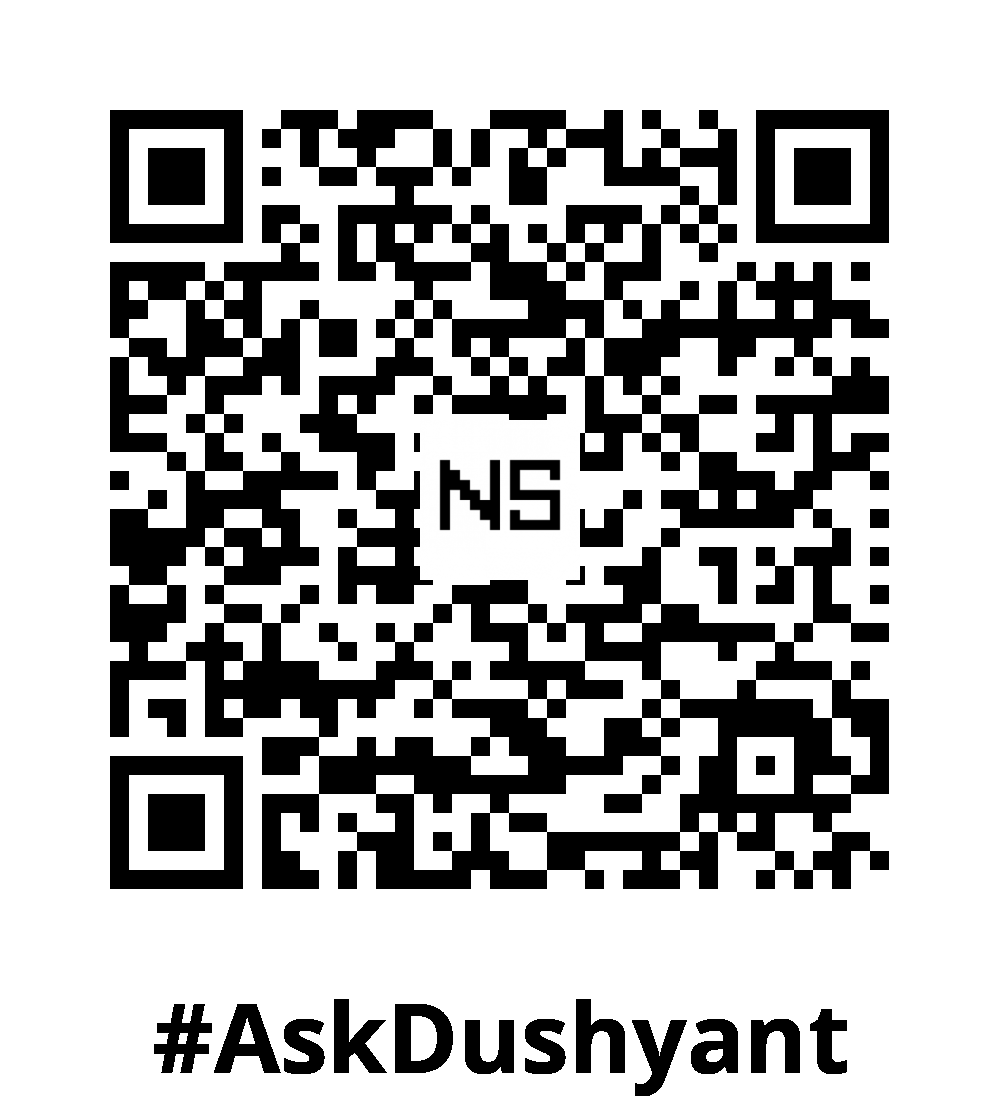In the vast landscape of programming languages, selecting the right one for your project or career path can be a daunting task. From the timeless classics to the emerging contenders, each language brings its own unique features and strengths. In this blog post, we will compare some of the top programming languages—Python, Java, JavaScript, C++, PHP and Explore their approaches to the iconic “Hello World” program. By examining their characteristics, syntax, and use cases, we aim to empower developers in making informed decisions when choosing the ideal language.
The Hello World Journey
Let’s embark on a journey through the world of programming languages by exploring how each of the top contenders approaches the quintessential “Hello World” program. Below are snippets of code showcasing the “Hello World” program in each language:
Python:
print("Hello, World!")Java:
public class HelloWorld {
public static void main(String[] args) {
System.out.println("Hello, World!");
}
}JavaScript:
console.log("Hello, World!");C++:
#include <iostream>
int main() {
std::cout << "Hello, World!" << std::endl;
return 0;
}PHP:
<?php
echo "Hello, World!";
?>Unveiling the Co-Relation
As we examine the sample code for printing “Hello World” in each language, therein lies common patterns and concepts that transcend individual languages. By identifying shared principles such as variable declarations, output statements, and control structures, one can co-relate how different languages express similar ideas through varying syntax and paradigms.
Choosing the Right Language for the Task
It’s important to note that these suggestions are general guidelines, and the choice of programming language ultimately depends on specific project requirements, team expertise, and other factors. Each language has its strengths and weaknesses, so it’s essential to evaluate the suitability of a language based on the project’s goals, scalability needs, performance requirements, and available resources.
Python:
Python is widely used in various domains, including web development, data analysis, machine learning, and scientific computing. Its simplicity and readability make it an excellent choice for beginners. Python’s extensive libraries, such as Django and Flask, make it ideal for building robust web applications. Additionally, its data manipulation and visualization libraries, such as NumPy and Matplotlib, make it a go-to language for data scientists and analysts.
Java:
Java is a versatile language used for developing enterprise-level applications, Android apps, and large-scale systems. Its platform independence, strong community support, and robustness make it a preferred choice for building scalable and reliable software. Java’s object-oriented nature and extensive libraries, like Spring and Hibernate, enable developers to create enterprise-grade solutions with ease.
JavaScript:
JavaScript is primarily used for front-end web development, enabling interactive and dynamic user interfaces. It runs directly in web browsers and is the foundation of modern web applications. With frameworks like React and Angular, JavaScript also serves as a powerful tool for building single-page applications (SPAs) and progressive web apps (PWAs). Node.js, a JavaScript runtime, allows developers to build server-side applications, expanding JavaScript’s reach to full-stack development.
C++:
C++ is a high-performance, low-level programming language widely used for systems programming, game development, and performance-critical applications. Its close-to-hardware nature and ability to manage memory efficiently make it suitable for developing operating systems, embedded systems, and game engines. C++ is also utilized in areas where performance and control are paramount, such as robotics and real-time systems.
PHP:
PHP is a server-side scripting language designed for web development. It is primarily used to build dynamic websites and web applications. PHP’s ease of use, extensive community support, and compatibility with various database systems make it a popular choice for server-side scripting. It powers many content management systems (CMS) like WordPress and e-commerce platforms like Magento.
The Power of the Developer
While choosing the right programming language is crucial, it is equally important to consider the developer’s skillset, experience, and familiarity with a particular language. How a coder’s ability to adapt, learn, and leverage their expertise can influence their choice of programming language. Additionally, one should emphasize on the importance of continuous learning and the ability to adapt to new languages and technologies.
Selecting the optimal programming language involves a careful evaluation of factors such as syntax, features, performance, community support, and project requirements. By comparing the top programming languages and examining their approaches to the basic “Hello World” program, developers can gain insights into their unique characteristics and make informed decisions. Ultimately, the ability to choose the right language for the task at hand requires a combination of technical knowledge, experience, and an understanding of project objectives. So, embrace the power of choice, hone your skills, and embark on a coding journey where the perfect language awaits you.
#AskDushyant


Leave a Reply